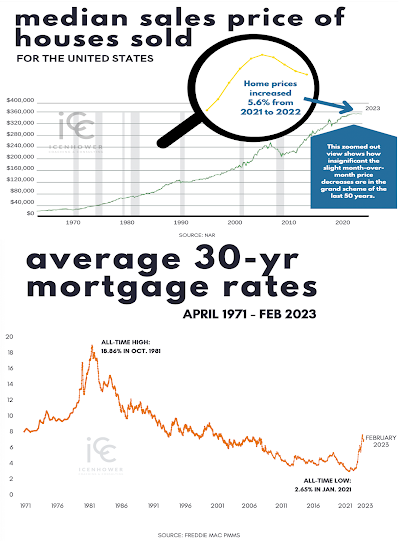As rates have crept up, buyers are finding themselves in a position to borrow very close to the maximum amount the bank will qualify them. When rates were in the 2's and 3's I found many buyers were borrowing substantially less than the bank offered them. Now, not so much. When the buyer is at or near the maximum borrowing limit the underwriters in charge of approving the loan can get really picky and tight on any discrepancies or variances from the guidelines. Borrowers should not assume they qualify, nor should they assume they do not. Loans are complicated instruments and it is always worth sitting with a professional loan officer to find out if you qualify and what to do the get qualified.
Generally the base guidelines for conventional mortgage borrowing are as follows:
- PITI (Principle, Interest, Taxes, Insurance) is <36% of gross income
- Total debt service is <43% of total gross income
- Credit report is clean, no derogatory entries in 24 months
- Stable provable income for two years without gaps
- Minimum 6 months on the current job
- Opening new lines of credit
- Allowing credit balances to get larger
- Applying for credit lines of any kind
- Moving money around in bank accounts
- Making large cash deposits into personal accounts
- Closing credits lines unless advised to do so by lender
- Changing banks during the process
- Taking unpaid leave from job
- Leave the down payment money in the account untouched
- Continue making all debt payments on time as scheduled
- Contact your loan officer before making any financial move
- Immediately get documents requested by loan officer



